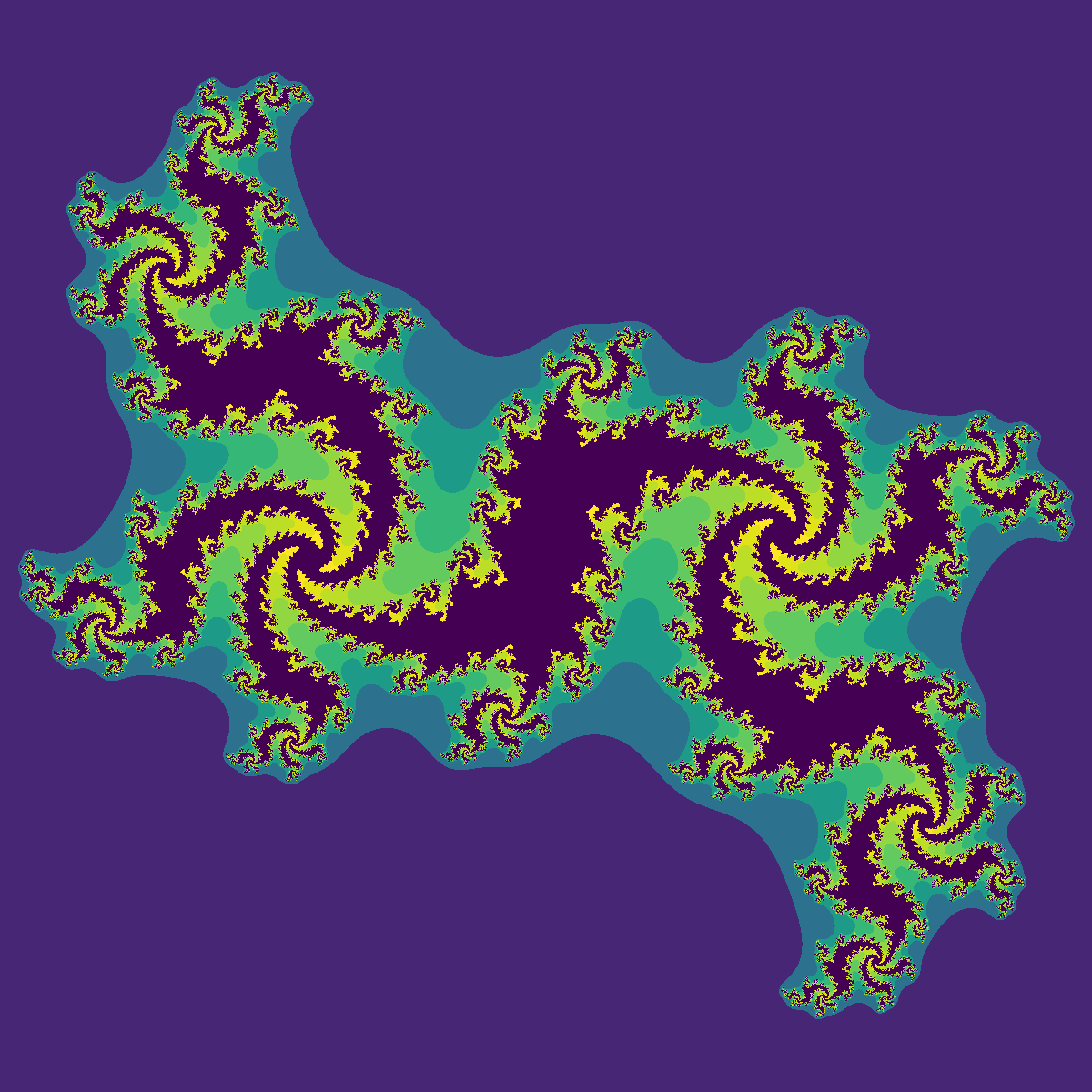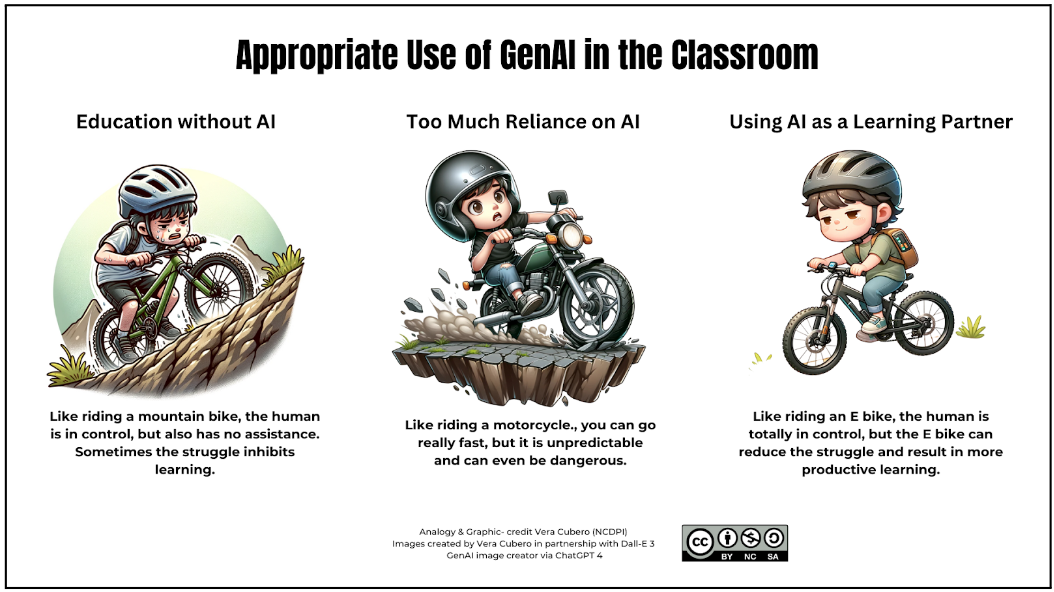Since 2022 and the release of generative AI like Stable Diffusion, AI-generated images have been a novelty above all else. As some have pointed out online, modern AI seems at times like a solution in search of a problem. Now, a couple years into this AI boom (or bubble), some patterns of usage have emerged.
Commissions and selling images
The first use case we will consider is people using AI the way a freelance professional artist “uses” their time and skill. To say this is ethically frowned upon would be an understatement. This directly competes with artists, lowering their revenue, potentially while using a model trained on those artists’ own original work. Aside from possible copyright issues, which have not been resolved, it undermines the production of new original artwork. It is also widely considered lazy and greedy behavior.
A separate question involves the copyright ownership of AI images (regardless of whether those images are themselves derivative works). Thaler v. Perlmutter in 2023 tentatively established a precedent that AI images are ineligible for copyright because they are not created by a human author. This significantly impedes the ability to make money off of AI images, which I think is a good thing. That said, I’m not sure I agree with the court’s reasoning. If I write a program that automatically generates an image of a fractal based on some inputs I give, would that image be eligible for copyright? Well, anecdotally, the users on Wikimedia Commons seem to think so. Looking at similar fractals reveals that the vast majority are licensed under Creative Commons, not listed as ineligible for copyright. Compare this with images that Wikimedia Commons list as being ineligible for copyright. Granted, Wikimedia Commons users are not always reliable. In particular, there are many cases like this one where images are licensed while obviously ineligible for copyright (in this case, a PNG of a single word written in a publicly available typeface is not an original work).

As I have mentioned elsewhere, I am skeptical of copyright in general. I don’t think it has anything to do with “who is really the author” and everything to do with how we want art to function economically. In other words, my preference would be for a specific law stating that AI images are ineligible for copyright. This would be unambiguous and not subject to different perspectives around authorship and automation.
Corporate AI
I’m not sure AI is good enough yet to be really useful in corporate applications, but this is one of the more dangerous possible use cases. Generative AI is a major concern for performers in particular, but also for professional artists. Corporations have much more influence over policy and economics than ordinary users of AI, which is what makes their potential use of AI so dangerous.
The issue with copyrighting AI images mentioned above is a major impediment to corporate use of AI. I would not be surprised if corporations soon lobby the government for copyright protections on content they create with generative AI.
Use by artists
In 2013, country music singer Randy Travis had a stroke that seemingly ended his music career. Just this past May in 2024, Travis released a new song thanks to an AI recreation of his voice. Many have lauded this as one of the first good and legitimate uses of generative AI. This has made me wonder if AI image generation has the potential to do the same for visual artists. It could be accomplished in much the same way as Travis’ song, with a human artist creating a base image, using AI to render the image in another artist’s style, then manually touching up details.
There are some artists out there who use AI in a similar way, where AI is just one part of a larger creative process that does involve manual drawing. This is a complex issue and still controversial within the art community.
Pornography
As with the internet in general, porn is a huge part of the AI image space but is disproportionately not discussed. Usually I see people concerned about “deep fakes,” or convincing images of real people, and I would agree that this is the biggest concern. I have also heard concerns related to images that appear to depict children, animals, or violence, though these issues are less clear to me since AI images do not cause the real-world harm that photographs would necessarily cause. Such images may still be extremely harmful to the viewer, possibly even to the extent of driving people to commit crimes. As far as I know, there is scant information on the actual effect of such images.
On a somewhat lighter side, AI-generated pornography has the same problems as other AI images, particularly for drawn (“hentai”) style images. There are models and LoRAs (fine-tunings of models) that imitate specific artists’ styles, which interferes with those artists’ profitability. This doesn’t get as much attention from the mainstream.
As stock images
This is, in my opinion, one of the only reasonable use cases for AI image generation. AI is good for images that need to add visual interest or communicate a simple message, but otherwise don’t matter much. This is how I use AI here on my blog.

I sometimes see AI images accompanying articles about AI in particular. Personally, I use these generated images and not stock images because I’m interested in the technology. This essentially brings us full circle with AI being a novelty, and I probably wouldn’t use it otherwise.
Conclusion
So, does AI image generation have a real world use case? At this point I would say “maybe.” It’s still primarily a novelty. It would be hard to get away from models that use unauthorized training data, and copyright questions have yet to be resolved. If image generation technology improves a lot, I fully expect corporations to utilize it in the most exploitative ways they can. Is there any possible outcome that could be positive for artists? I see two: first, the AI bubble could burst. Generative AI may have reached a plateau and it may outlive its novelty. Second, governments could begin regulating AI in a way that prevents exploitation. The latter possibility is the least probable in my opinion.
